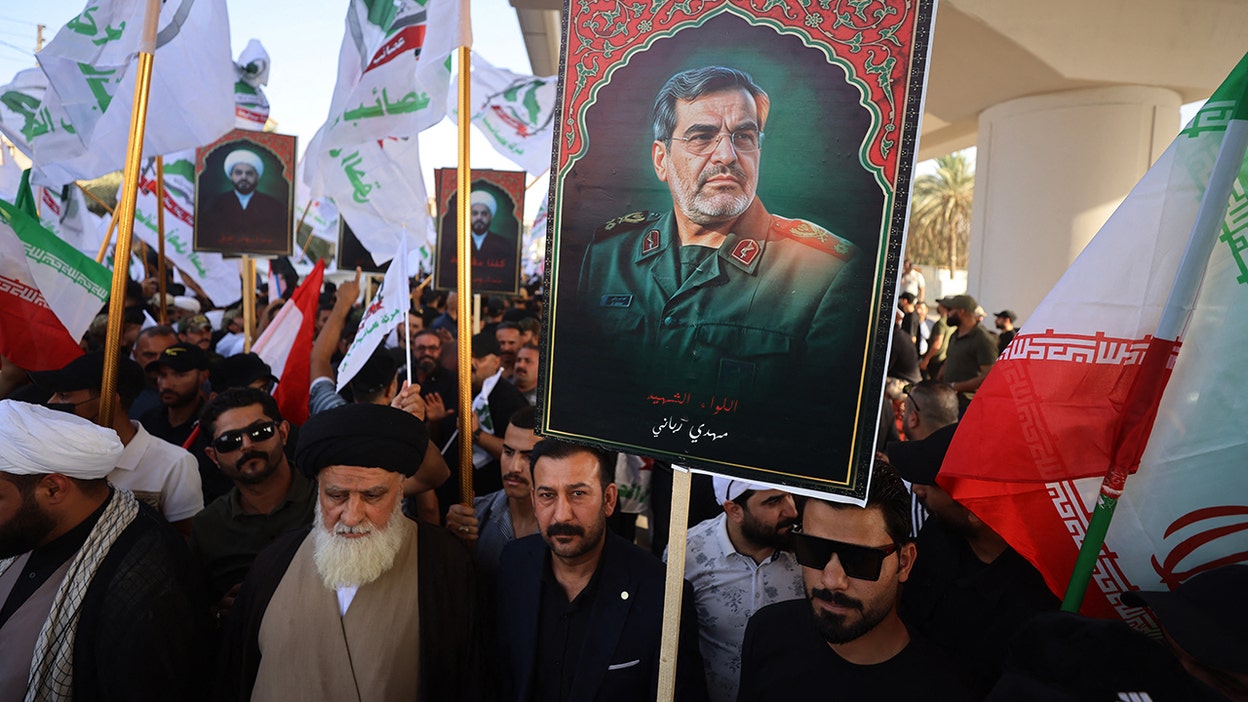
THREAD: terrifying escalation israel and iran...
LifeLine™ Media threads use our sophisticated algorithms to construct a thread around any topic you want, providing you with a detailed timeline, analysis, and related articles.


ISRAEL-IRAN Missile Attacks Spark Fear: Jerusalem Residents Stunned
— Missiles soared over Jerusalem as the fight between ISRAEL and IRAN hit a dangerous new level. People in the city watched in shock as sirens wailed and explosions filled the sky. Many families rushed to shelters, worried about what might come next.
Iran’s foreign minister, Abbas Araghchi, is now heading to Geneva. He plans to meet with European leaders for urgent talks on Friday. Iran’s state media confirmed these meetings are meant to discuss ways to calm things down.
Tensions have been building for weeks, with both countries trading threats and warnings. Now, many fear this could turn into something even bigger if world leaders do not step in soon.
Fox News will keep updating readers on this story through its liveblog as new details come out.
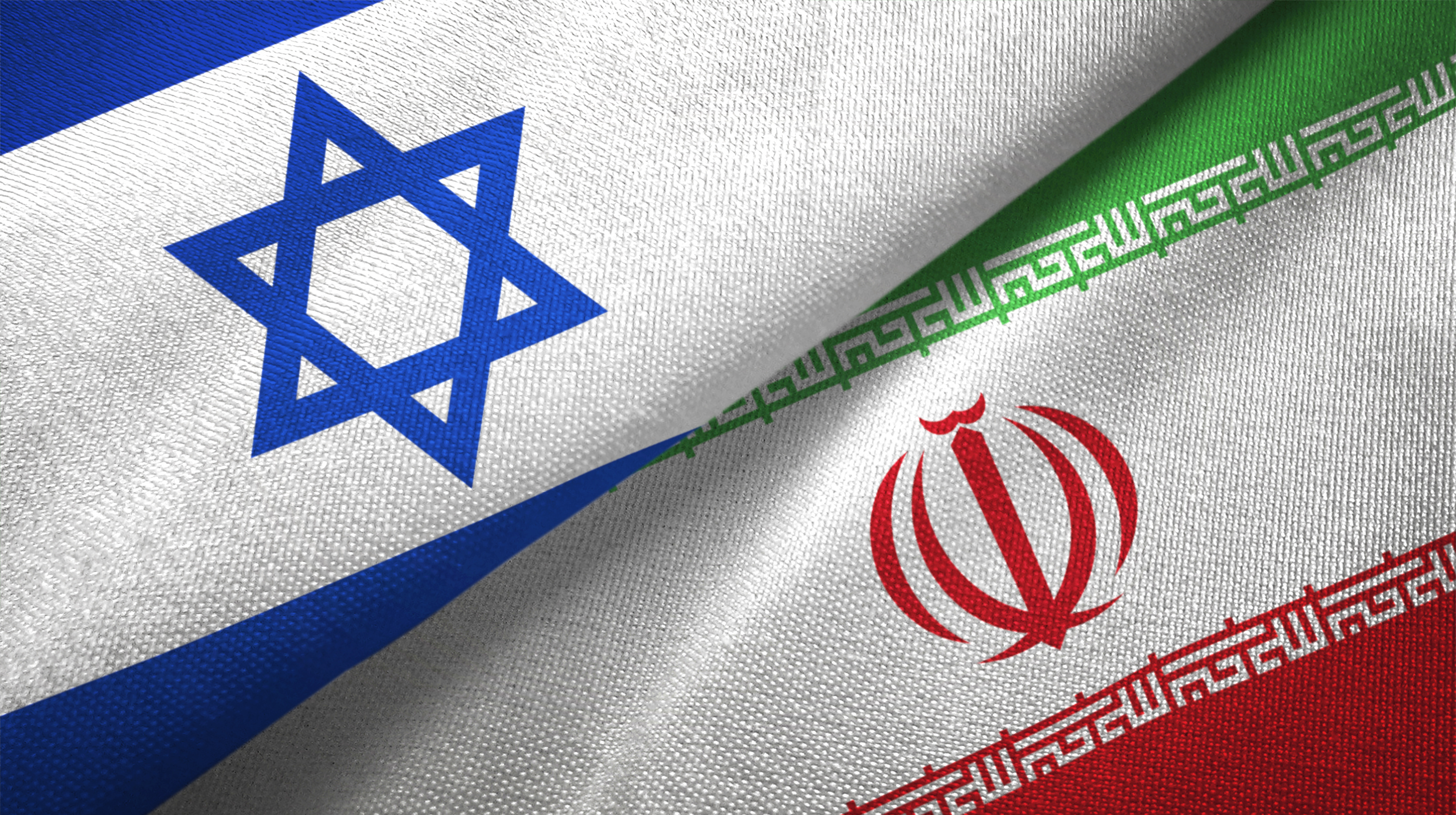
ISRAEL STRIKES Spark Fear in Tehran as Trump Urges Mass Evacuation
— Israel’s air campaign against Iran has hit a dangerous new point. Israeli forces told hundreds of thousands to leave central Tehran. Explosions shook the city, even near Iran’s state-run TV building. Panic spread quickly, and one TV anchor ran off live on air.
Former President Donald Trump spoke out online, saying, “IRAN CAN NOT HAVE A NUCLEAR WEAPON,” and called for people in Tehran to evacuate right away. His warning highlights growing fears about Iran’s nuclear plans and the safety of innocent families trapped in the fighting.
White House press secretary Karoline Leavitt said Trump is ending his G7 summit trip early because of rising tensions between Israel and Iran.
World leaders are watching closely as this crisis continues to unfold.
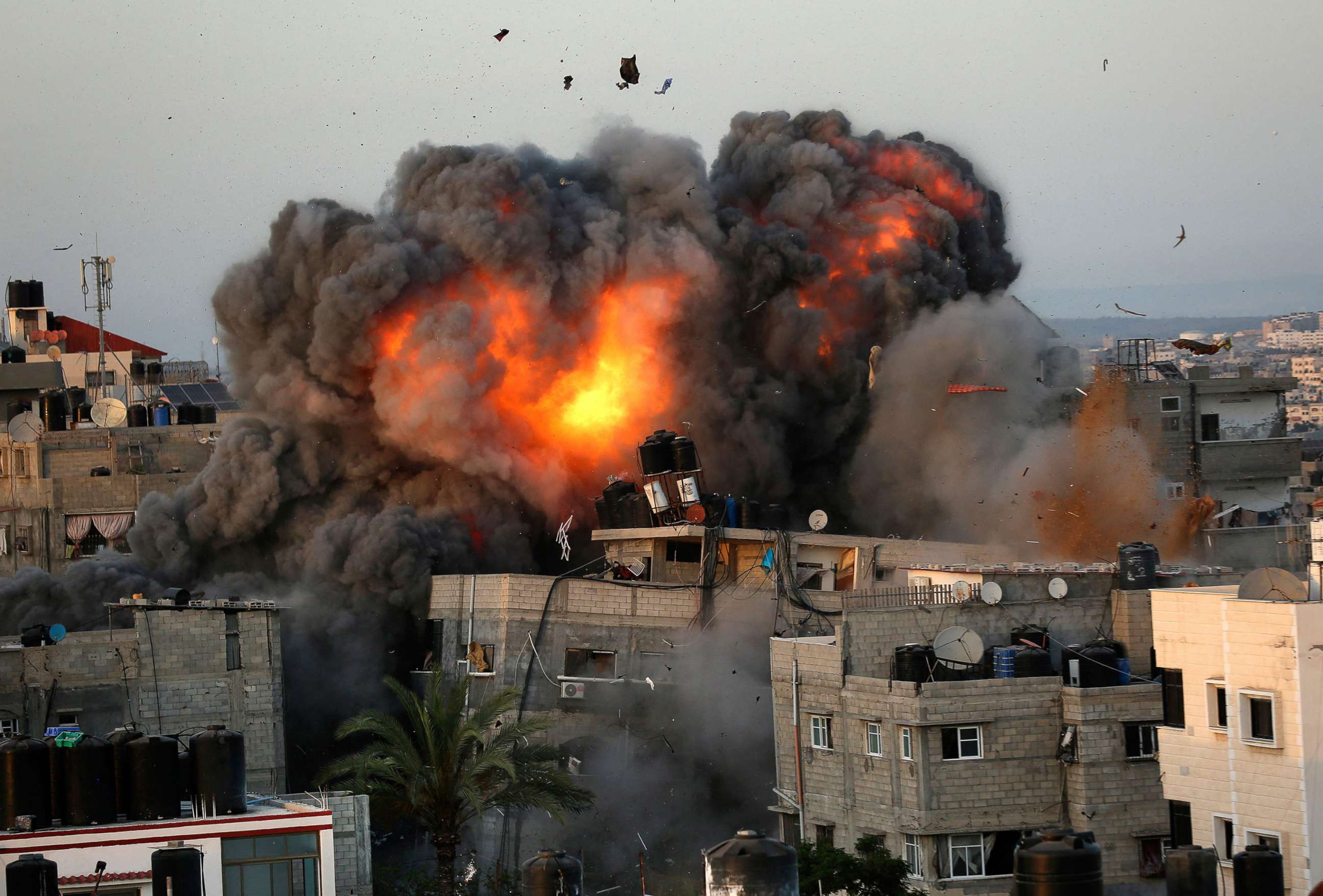
ISRAEL STRIKES Shake Iran: Nuclear Fears Ignite as Peace Talks Collapse
— Israel bombed targets across Iran for the third day in a row, hitting military and nuclear sites. Some Iranian missiles got past Israeli defenses and struck buildings deep inside Israel. Planned talks on Iran’s nuclear program fell apart as tensions soared.
A U.S. official said President Trump recently blocked an Israeli plan to assassinate Iran’s Supreme Leader, Ayatollah Ali Khamenei. According to a Washington-based group, Israel’s strikes have killed at least 406 people in Iran and wounded more than 650.
Iran reported attacks on two oil refineries, raising fears about global energy supplies. The Israeli military told Iranians to leave arms factories, warning that more attacks could come soon.
Neither side is backing down. Explosions shook Tehran while sirens blared in Israel as both countries traded fire. Israel says its mission is to stop Iran from getting nuclear weapons — something it has tried to do for years.
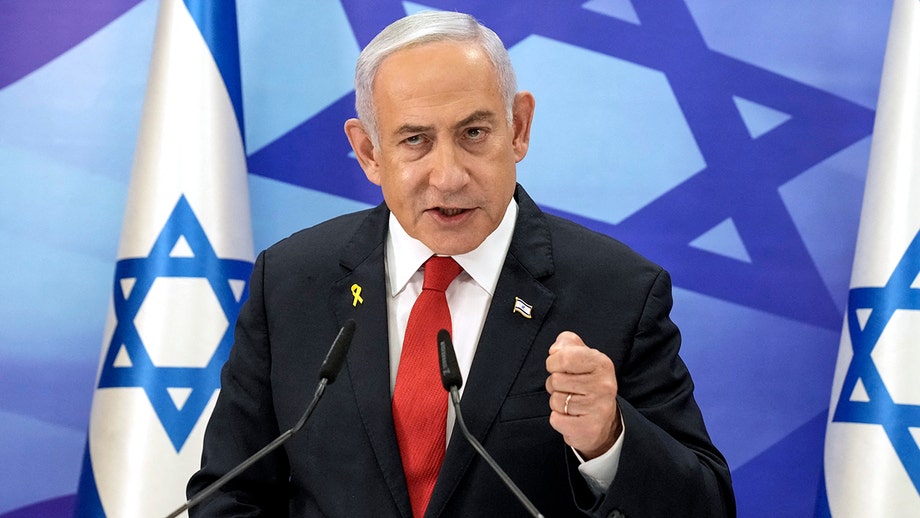
ISRAEL’S Bold Strike Shakes Iran: Netanyahu’s Urgent Plea for Freedom
— Israeli Prime Minister Benjamin Netanyahu spoke directly to the people of Iran after Israel targeted Iran’s nuclear and military sites. He called on them to rise up against their oppressive leaders, saying this is a rare chance for real change. “We are in the midst of one of the greatest military operations in history,” Netanyahu told viewers.
Netanyahu believes these strikes have weakened Iran’s regime and opened a door for those who want freedom. He highlighted that minority groups — about half of Iran’s population — could make a difference if they come together against the government.
Some experts say Israel’s actions could also give America more power in future nuclear talks with Iran. The Iranian regime has struggled with growing protests since Mahsa Amini died at the hands of morality police in 2022.
Iran still backs terrorism across the Middle East, threatening its neighbors and Israel. With more Iranians speaking out, calls for regime change are getting louder both inside and outside the country.
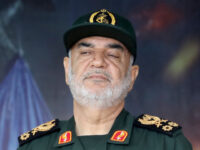
TRUMP STANDS Firm: Iran’S Chilling Threats Spark Urgent Nuclear Showdown
— President Trump’s team is back at the table with Iran, trying to stop their illegal nuclear plans. But Iran won’t talk directly. Instead, they send messages through Oman, showing they don’t want open talks.
The head of Iran’s Revolutionary Guard, a group the U.S. calls terrorists, threatened both America and Israel. He warned that if we make “the slightest mistake,” Iran will “open the gates of hell.” While he claims to prefer diplomacy, he says his country is ready for war.
Iranian state media tried to calm things down by saying they’d only hit back if attacked first. Still, their leader made it clear — anyone who strikes Iran will pay a heavy price.
This general has become more visible since President Trump ordered the strike on Soleimani in 2020. The new Quds Force leader stays out of sight, leaving many wondering about his real role in the regime.

IRAN’S Nuclear Threat: A Dangerous Escalation
— Iran has filed a complaint with the United Nations Security Council over President Donald Trump’s recent warnings. Trump threatened bombing and more tariffs if Iran rejects a nuclear deal. His remarks have heightened tensions between Tehran and Washington during ongoing talks about Iran’s nuclear capabilities.
In reaction to Trump’s comments, Iranian leaders vowed to boost their defense measures. Supreme Leader Ali Khamenei’s adviser said Iran would have “no choice” but to seek nuclear weapons if attacked. This statement highlights the fragile relations between the two nations.
This issue is part of larger geopolitical tensions involving Iran’s nuclear ambitions and U.S. foreign policy under Trump. The heated words from both sides could lead to more military escalations in an already unstable region, raising fears of conflict and its impact on global security dynamics.
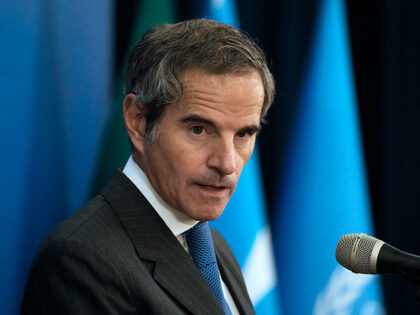
IRAN’S Nuclear Threat: Global Fears and Rising Pressure
— The world is worried about Iran’s nuclear activities. Rafael Grossi, head of the International Atomic Energy Agency (IAEA), stressed the need for “concrete, tangible and visible results” during his visit to Tehran. He urged Iran to show progress and ease tensions to possibly avoid conflict.
Grossi’s comments seem directed at Israeli Defense Minister Israel Katz’s recent statements. Katz pointed out Israel’s airstrikes in October, saying they revealed Iran’s nuclear sites to potential attacks. He claimed these actions might help remove threats against Israel.
Grossi criticized Iran for not cooperating with IAEA inspectors and increasing uranium enrichment activities. He noted that compliance with inspection rules stopped early in the Biden administration, complicating transparency efforts and resolution attempts.

— Israel Conducts Precision Strikes on Iranian Targets The Israeli military announced it executed three waves of strikes in retaliation for ongoing attacks from the Iranian regime
— Israel Kills Hamas Leader Yahya Sinwar, Marking a Turning Point in Ongoing Conflict The assassination of Sinwar, the architect of Hamas’ October 7 attack, signals a significant escalation in the yearlong war between Israel and Hamas

— US Crude Oil Prices Surge Amid Biden’s Iran Retaliation Remarks President Biden’s comments on potential US retaliation against Iran following tensions in Israel have caused a spike in crude oil prices

— Israeli Air Strikes Rattle Beirut Amid Rising Tensions Israeli warplanes have conducted air strikes in Lebanon, prompting Hezbollah’s leader to declare that recent attacks have "crossed all red lines
— Israeli Military Shows Journalists Key Gaza Border Area Amid Cease-Fire Talks The Israeli military provided a tour of the critical southern Gaza border region, highlighting ongoing challenges in cease-fire negotiations and recent combat zones

ISRAEL WARNS of Iranian Aggression Amid US Cease-Fire Talks
— Israeli Defense Minister Yoav Gallant warned that “Iran’s aggression has reached an all-time high” during a meeting with U.S. Chairman of the Joint Chiefs of Staff Gen. Charles Q. Brown on Monday. Gallant emphasized the need for cooperation to counter threats from Iran-backed Hamas and Hezbollah, highlighting Israel’s strategic position. The meeting also included IDF Chief of Staff Lt. Gen. Herzi Halevi and took place in Tel Aviv.
Despite U.S.-led efforts to broker a cease-fire deal with Hamas, no agreement has been reached as long as Israeli forces remain in Gaza security corridors. Gallant reiterated Israel’s goals: dismantling Hamas, securing the return of hostages taken on Oct. 7, and improving security along the northern border for community safety.
Since Oct. 7, the conflict has resulted in significant casualties, with Gaza’s Health Ministry claiming around 40,000 Palestinian deaths without distinguishing between civilians and terrorists killed by Israeli forces since then have also suffered losses: nearly 700 soldiers and about 1,200 civilians have been killed following Hamas attacks on Israel
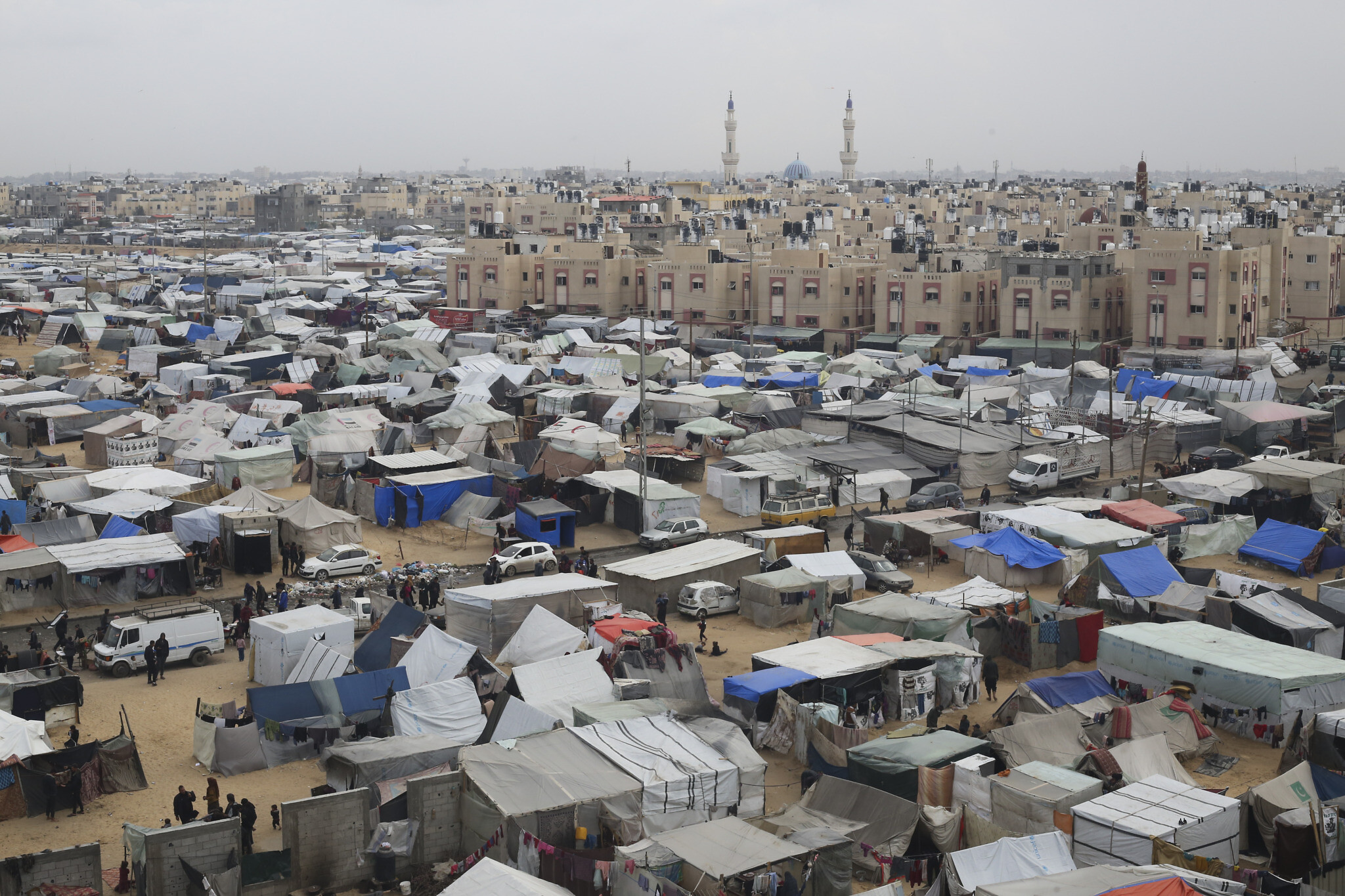
ISRAEL DEFIES US Warnings, Ramps Up Military Strike in Gaza’s Rafah
— Israel has escalated its military actions in Rafah, Gaza, despite U.S. cautions. The Israeli military ordered tens of thousands to leave the area immediately. Rear Adm. Daniel Hagari confirmed that the operations targeted and eliminated numerous militants. This aggressive stance persists even amid international concerns about rising civilian casualties and disruptions to humanitarian aid efforts.
Global protests have ignited as Israel alleges Hamas militants are consolidating in northern Gaza following seven months of ongoing conflict. The United Nations warns that intensifying military activities in Rafah might severely impact humanitarian initiatives and increase civilian fatalities. The closure of the Rafah border crossing complicates aid delivery, heightening regional tensions further.
President Joe Biden has explicitly denied supplying offensive weaponry for operations in Rafah, pointing to credible evidence that Israel might be violating international laws designed to protect civilians during conflict situations. On the other hand, Israeli authorities maintain they adhere strictly to these laws and have implemented advanced warning systems to reduce civilian casualties before launching operations
The crisis deepens as over 1.4 million Palestinians find themselves displaced within Rafah’s confines due to recent evacuations moving populations into areas already heavily affected by conflict. Aid organizations are overwhelmed trying to manage under these challenging circumstances.
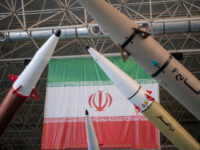
IRAN THREAT or Political Play? Netanyahu’s Strategy Questioned
— Benjamin Netanyahu has always pointed to Iran as a major threat since his first term in 1996. He has warned that a nuclear Iran could be disastrous and often mentions the possibility of military action. Israel’s own nuclear abilities, rarely talked about publicly, back up his tough stance.
Recent events have brought Israel and Iran closer to direct conflict. After an Iranian attack on Israel, which was a retaliation for an Israeli strike in Syria, Israel hit back by launching missiles at an Iranian air base. This marks a severe increase in their ongoing tensions.
Some critics think Netanyahu might be using the Iran issue to shift focus from problems at home, especially issues concerning Gaza. The timing and nature of these attacks suggest they could overshadow other regional conflicts, raising questions about their true intent.
The situation remains tense as both countries continue this dangerous confrontation. The world watches closely for any new developments that might signal either escalation or possible solutions to the conflict.

GAZA CONFLICT Escalates: 21 Israeli Soldiers Dead, Calls for Cease-Fire Intensify
— In a devastating turn of events, Palestinian militants in Gaza have orchestrated the deadliest single attack on Israeli forces since the war began. This assault, resulting in the death of 21 soldiers, has amplified calls for an immediate cease-fire.
The Israeli military confirmed that their ground forces have encircled Khan Younis, Gaza’s second-largest city. Additionally, reports suggest that Israeli tanks and troops have infiltrated Muwasi – an area previously considered safe for Palestinians.
Prime Minister Benjamin Netanyahu expressed deep sorrow over the loss of the soldiers but remained resolute in his commitment to achieving “absolute victory.” This includes defeating Hamas and liberating over 100 Israeli hostages held captive by militants. However, these ambitious war objectives are now being scrutinized by Israelis who question their feasibility.
An unidentified senior Egyptian official disclosed that Israel proposed a two-month cease-fire plan. The proposal included freeing hostages in exchange for releasing imprisoned Palestinians and allowing top Hamas leaders in Gaza to relocate. Despite this offer, Hamas remains steadfast in its refusal to release any more hostages until Israel ceases its offensive and withdraws from Gaza.

ISRAELI STRIKE Downs Elite Hezbollah Commander: A Fearful Prelude to Another Mideast War?
— An Israeli airstrike claimed the life of an elite Hezbollah commander, Wissam al-Tawil, in southern Lebanon on Monday. This event marks the latest in a string of escalating border strikes, stirring concerns of a potential new Mideast conflict.
The demise of al-Tawil signifies the most impactful blow to Hezbollah since the onset of war triggered by Hamas’ incursion into southern Israel on October 7. The ongoing conflict has led to increased skirmishes between Israel and Hezbollah, especially following an Israeli strike last week that eliminated a senior Hamas leader in Beirut.
U.S. Secretary of State Antony Blinken is once again visiting the region this week, seemingly with intentions to curb further escalation. However, despite Israel’s assertion that it has mostly wrapped up major operations in northern Gaza, fighting continues as attention shifts towards central regions and Khan Younis.
Israeli authorities forecast ongoing strife as they strive to dismantle Hamas and liberate hostages seized during the October 7 attack. The offensive has already resulted in over 23,000 Palestinian deaths and displacement for nearly 85% of Gaza’s population. It has also caused widespread destruction across Gaza Strip and threatens starvation for a quarter of its residents.
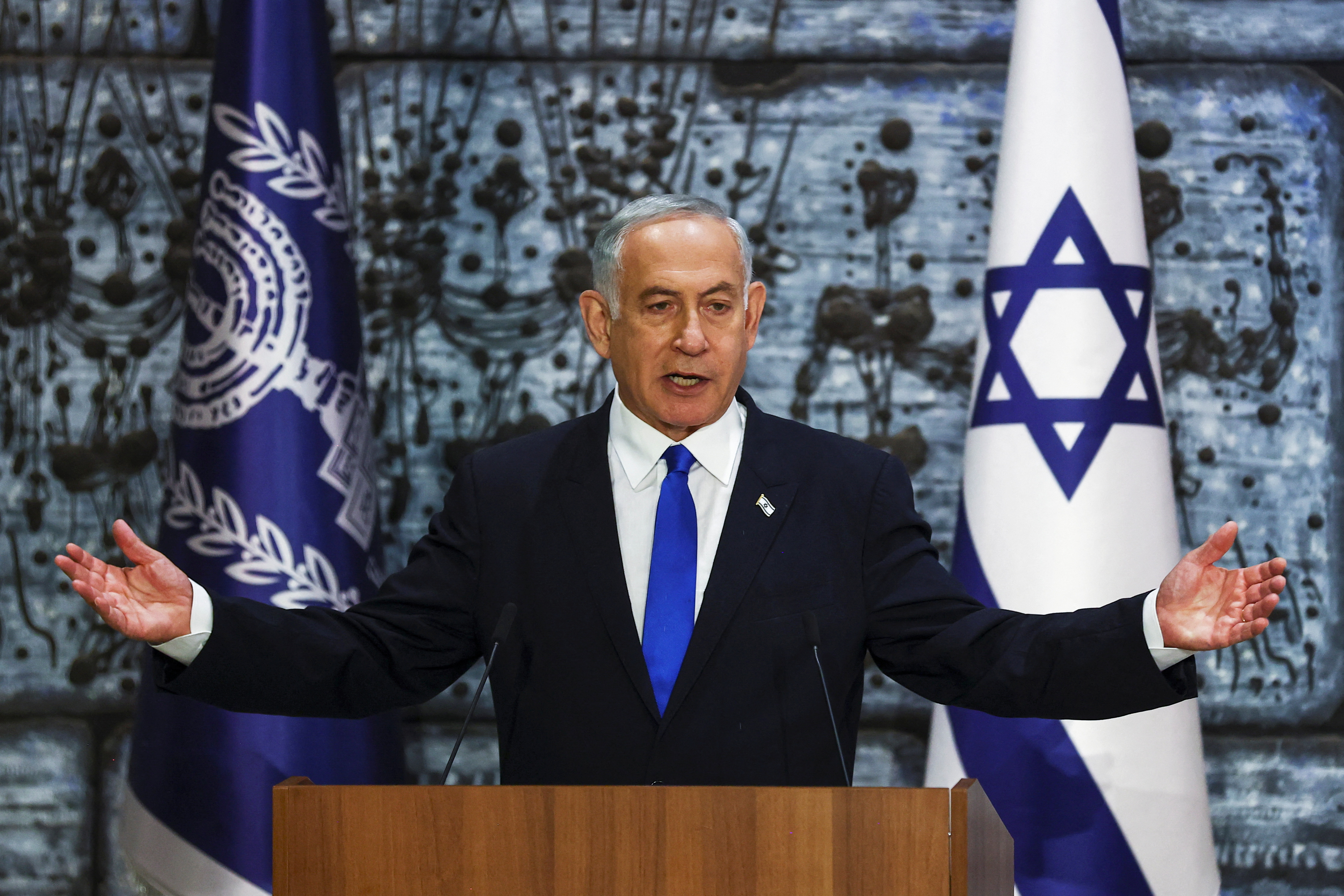
ISRAEL’S Warfare Crisis: Growing Pleas for Peace Amid Rising Civilian Deaths and Humanitarian Despair
— Israel is grappling with escalating global demands for a ceasefire. This comes in the wake of a string of fatal shootings, including an accidental incident that claimed the lives of three Israeli hostages. The ongoing conflict in Gaza, now into its tenth week, has raised serious questions about Israel’s military actions. Despite the U.S.'s crucial military and diplomatic backing, Israel may face increased scrutiny during Defense Secretary Lloyd Austin’s imminent visit.
The brutal war has led to substantial civilian losses with thousands dead and vast areas of northern Gaza reduced to rubble. An estimated 1.9 million Palestinians, constituting nearly 90% of Gaza’s population, have been forced to flee southwards within the beleaguered territory. Struggling Palestinians are surviving on scant humanitarian aid while some are seen crowding around aid trucks at Egypt’s Rafah crossing point.
Even though Israel has permitted direct aid into Gaza for the first time since the war commenced, relief workers argue it falls short considering the magnitude of destruction. The U.N agency responsible for Palestinian refugees estimates over half of Gaza’s infrastructure lies in ruins due to this conflict.
On a
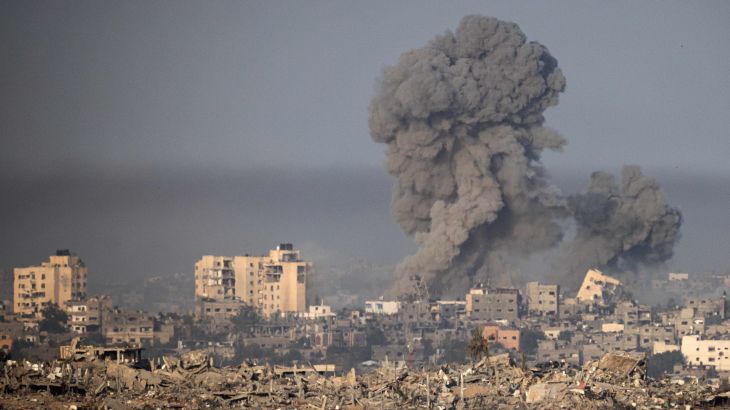
ISRAEL-HAMAS Conflict: The Rising Tensions and Shocking Russian War Crime Probes
— Defense reporter Mike Brest from the Washington Examiner recently delved into the intensifying Israel-Hamas conflict. He sat down with Magazine Executive Editor Jim Antle to discuss this escalating issue, which has seen a worrying increase in casualties in Gaza.
Brest didn’t stop there; he also shed light on ongoing investigations into potential Russian war crimes in Ukraine. This new development brings an added layer of complexity to an already strained global situation.
The persistent conflict between Israel and Hamas, along with Russia’s alleged misdeeds, is stirring unease across the globe. As these situations continue to evolve, they promise to have profound impacts on international relations and worldwide stability.

ISRAELI Raid on GAZA and US Strikes on Iran-Linked Sites in Syria: The Tense Standoff Escalates
— In a sudden move, Israeli forces carried out a brief but intense raid on northern Gaza. The military operation, which took place overnight, was aimed at Hamas fighters and their anti-tank weaponry. This action is seen as groundwork for a possible ground invasion, marking the third such Israeli raid since the conflict erupted.
Meanwhile, responding to drone and missile assaults on U.S. bases and personnel in the region, the U.S. military executed airstrikes early Friday morning. These strikes targeted two locations in eastern Syria associated with Iran’s Revolutionary Guard Corps (IRGC), according to Pentagon reports.
Arab leaders unitedly called for an immediate cease-fire on Thursday. Their plea aims to alleviate civilian suffering by allowing humanitarian aid into Gaza where residents are grappling with severe shortages of food, water, medicine while UN workers struggle with dwindling fuel supplies for relief missions.
The Health Ministry of Hamas-controlled Gaza reported that over 7,000 Palestinians have lost their lives in the ongoing conflict — an unverified figure thus far. On Israel’s end, there have been more than 1,400 casualties

Video
US on HIGH ALERT: Potential Escalation in Middle East Sparks Fear
— The United States is ramping up its defenses in the Middle East. This action follows recent attacks by Iranian-backed forces on U.S. troops stationed in Syria, and Hezbollah militants assaulting Israeli forces along Lebanon’s northern border. Defense Secretary Lloyd Austin voiced his apprehension about a possible surge of assaults on U.S. personnel throughout the region.
Austin has commanded an undisclosed number of additional troops to gear up for deployment, with a focus on enhancing readiness and response capabilities. The Pentagon recently confirmed several drone attacks in Syria, one of which resulted in minor injuries at the At-Tanf garrison housing U.S. soldiers.
Secretary of State Antony Blinken emphasized that increasing U.S. presence is meant to deter any further escalation or attacks against Israel or U.S personnel abroad. In response to these heightened tensions, the State Department has issued a worldwide caution alert urging American citizens overseas to exercise increased vigilance.
The escalating cross-border attacks by Hezbollah are fueling concerns that war could potentially spread to include a second front along Israel’s northern border with Lebanon.

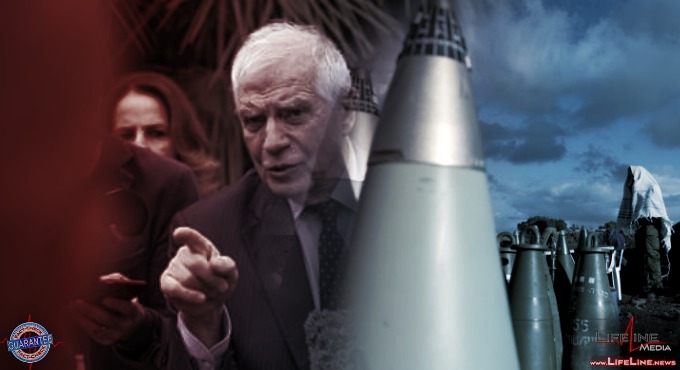
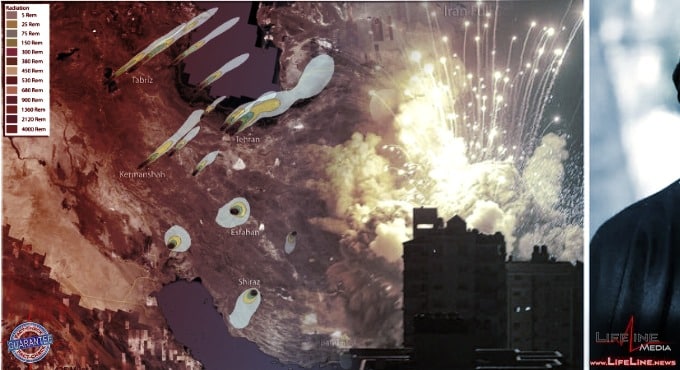
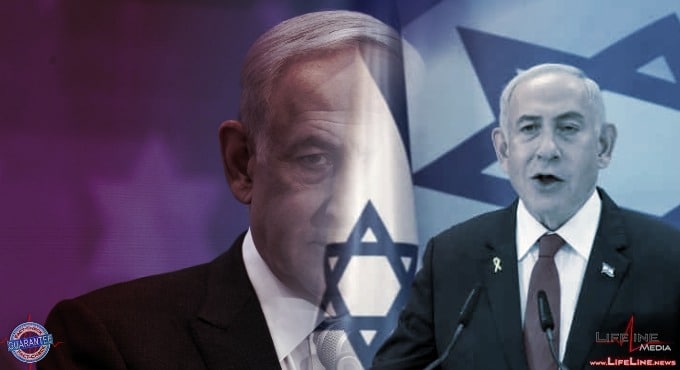

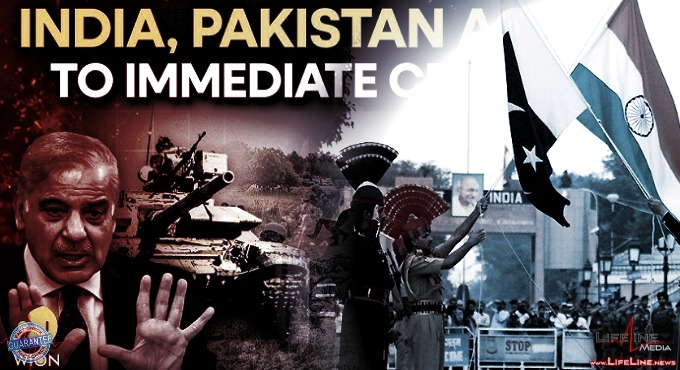
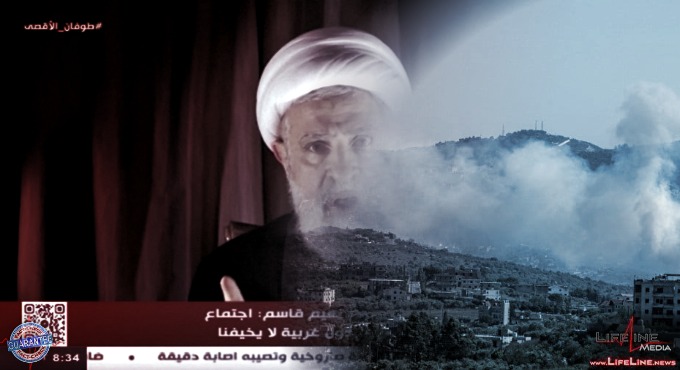




Social Chatter
What the World is Saying